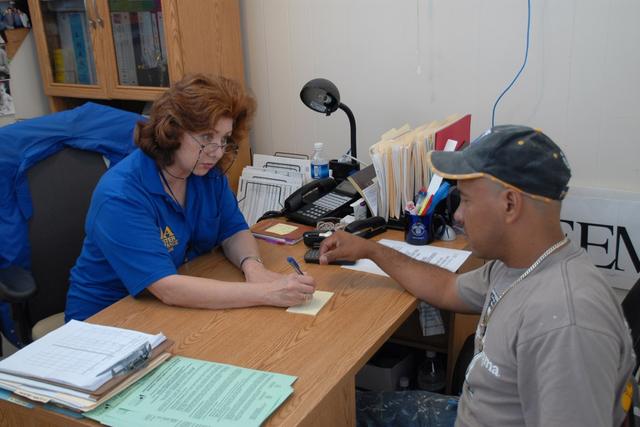Insurance Policy Processing Workers
Overview

Introduction
Insurance policy processing workers perform a variety of clerical and administrative tasks that ensure that insurance applications and claims are handled in an efficient and timely manner. They review new applications, make adjustments to existing policies, work on policies that are to be reinstated, check the accuracy of company records, verify client information, and compile information used in claim settlement. Insurance policy processing personnel also handle business correspondence relating to any of the above duties. They use ...
Quick Facts
Median Salary
Employment Prospects
Minimum Education Level
Experience
Skills
Personality Traits
Earnings
Insurance policy processing workers salaries vary depending on such factors as the workers experience and the size and location of the employer. Generally, those working for large companies in big cities earn the highest salaries. The U.S. Department of Labor reports that insurance claims and policy processing clerks earned a median annual salary of $40,750 in May 2019. Salaries ranged from les...
Work Environment
As is the case with most office workers, insurance policy processing employees work an average of 37 to 40 hours a week. Although the work environment is usually well ventilated and lighted, the job itself can be fairly routine and repetitive, with most of the work taking place at a desk. Policy processing workers often interact with other insurance professionals and policyholders, and they may...
Outlook
The U.S. Department of Labor predicts that employment for insurance processing workers will grow about as fast as the average for all careers through 2028. Many jobs will result from workers retiring or otherwise leaving the field. Employment opportunities should be best in and around large metropolitan areas, where the majority of large insurance companies are located. There should be an incre...
































